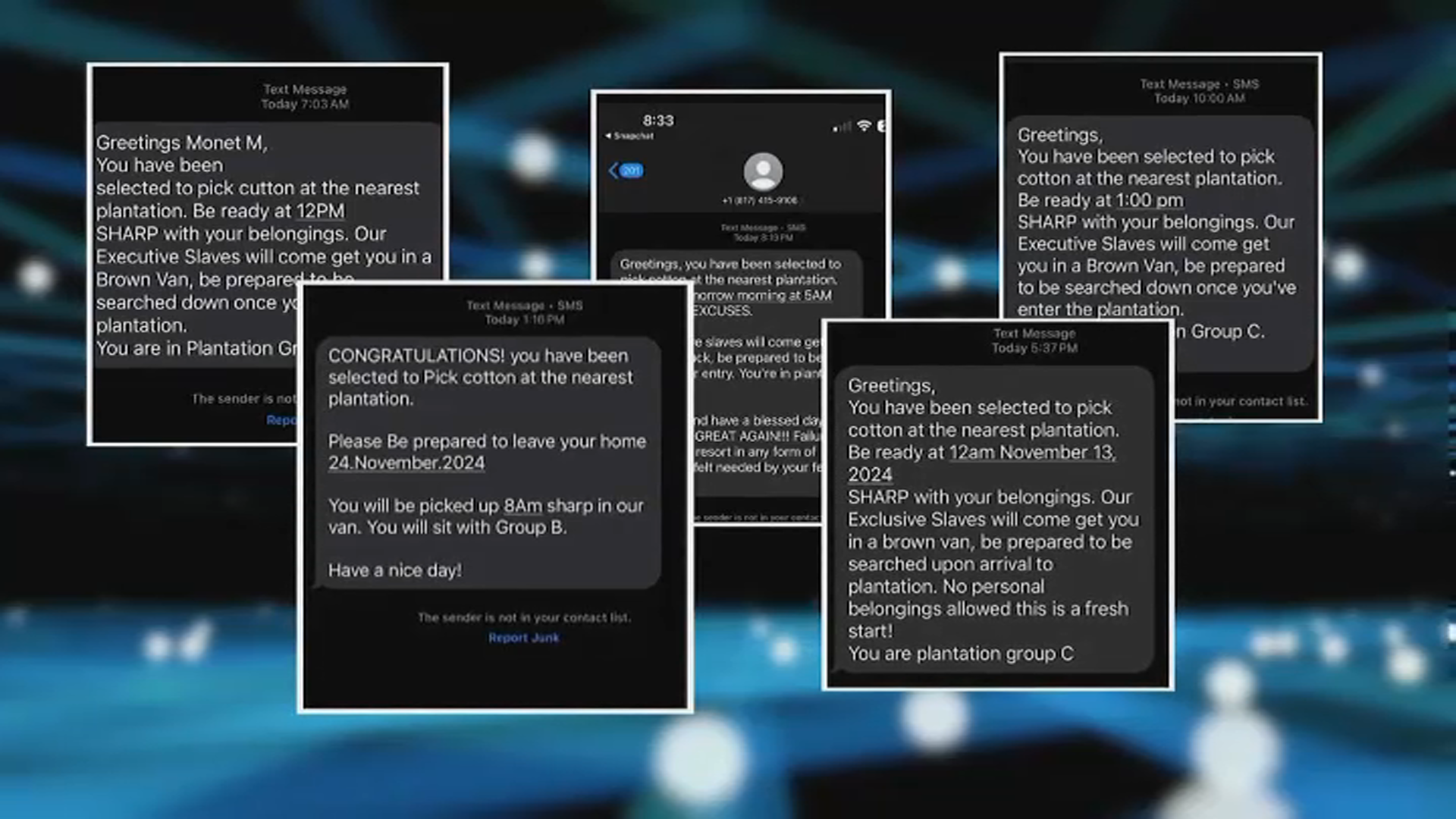A new predatory scheme is making the rounds in communities populated by seniors. It’s already hit close to home for NBC 5 Responds reporter Lisa Parker, whose father-in-law received the email that starts off our story.
From his home in Goodyear, Arizona, my 87-year-old father-in-law read the body of the email to us:
“Here is a link for what the Congress is going to do for all seniors for staying home during this crisis.
All seniors are entitled to $750 per week to stay at home to avoid the spread of COVID-19 Coronavirus starting on July 25, 2020. The Government grant is accessible to all seniors 65 and older. Read full article here on how to claim your benefit”
The email included a link, which my father-in-law says he did not click on.
“Oh, no, no.” he said. “I know better than that. Something about this seemed all wrong. If Congress was giving this money to seniors, I would have heard about it on the news.”
Good instinct. The Florida Attorney General says the scam is so widely circulating in her state, she had to issue a public warning about it.
Local
“We're receiving reports of government imposters offering seniors thousands of dollars in federal grant money to stay isolated at home presumably to prevent the spread of COVID-19. They're using Facebook Messenger, emails and text messages to offer these sham grants,” AG Ashley Moody said in a video news release. “This scheme appears to involve an international criminal organization, utilizing a multifaceted communications plan to deceive our seniors, these criminals are hacking Facebook accounts to send messages to targets from a friend's profile, creating the illusion that the government grant program is being promoted by an acquaintance.”
Moody says once that contact is made, criminals request personal information bank account numbers and insurance payments to help ensure the safe delivery of these thousands of dollars in federal grant money.
“This is a trick. Don't fall for it,” she said.
Some of the schemes are elaborate, and spreading across popular social media platforms like Twitter and Instagram, according to researchers at the University of California San Diego Medical School. Their recent study found scams surging, often simultaneous with diagnoses of COVID-19.
The study’s lead author, Dr. Timothy Mackey, told NBC 5 Responds: “Most people when they're worried about COVID, they don't go to their neighbor or their trusted health care professional. They go to Dr. Google or Twitter.”
Those searches then give rise to an increasing number of fraudulent offers.
“Unfortunately what's happening is, every time there's a news event, about a product that may be approved by the FDA as a testing kit, or a vaccine that may become available or a treatment, like hydroxychloroquine, you'll see spikes in traffic and sellers will illegal sellers will just ride those and try to sell big product at the same time," Dr. Mackey said.
Back in Arizona, no lectures are needed for my father-in-law, who already stared down COVID-19 and recovered.
“I put that email into the trash bin,” he says. “I’m fortunate. I still have all my faculties.”
Investigators want to spread the word to consumers of all ages: government agencies do not and will not approach consumers for personal information, in order to dole out benefits or for any other reason.



